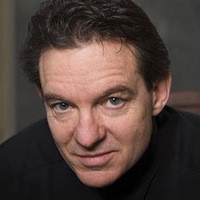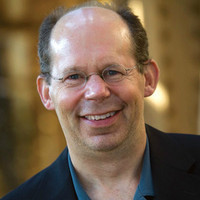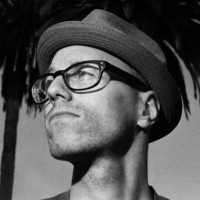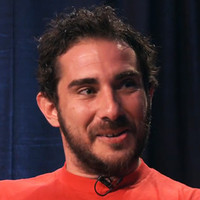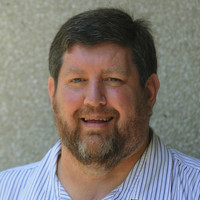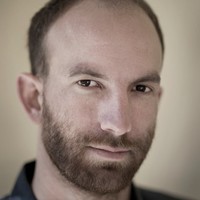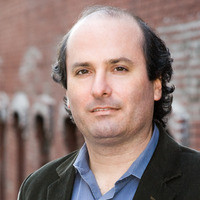Sponsored
Sponsor: Pitt Writers
This week’s sponsor is Pitt Writers, the fantastic, digitally focused MFA program at the University of Pittsburgh. A longtime partner of ours, Pitt Writers is now accepting applications for 2014. Here’s what you’ll get during your three years:
• World-class instruction and individual attention from award-winning writers of poetry, fiction, and nonfiction, including Jeanne Marie Laskas of GQ
• Opportunity to pitch book and story ideas to literary agents and editors in New York
• Classes in digital media
• A chance to intern with Longform
• Funding packages of up to $16,700 available
Get yourself in the mix: Apply by December 10th and follow Pitt Writers on Twitter and Facebook.




